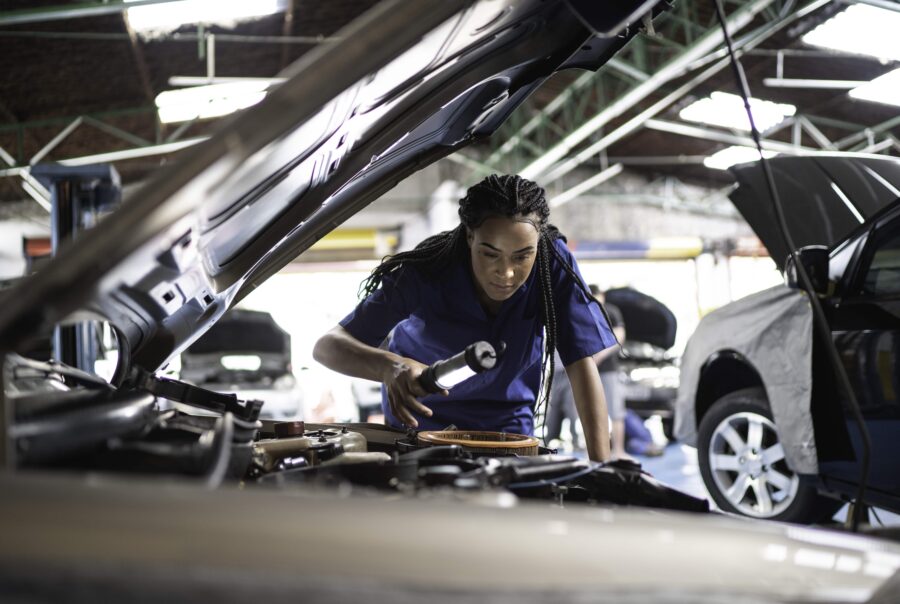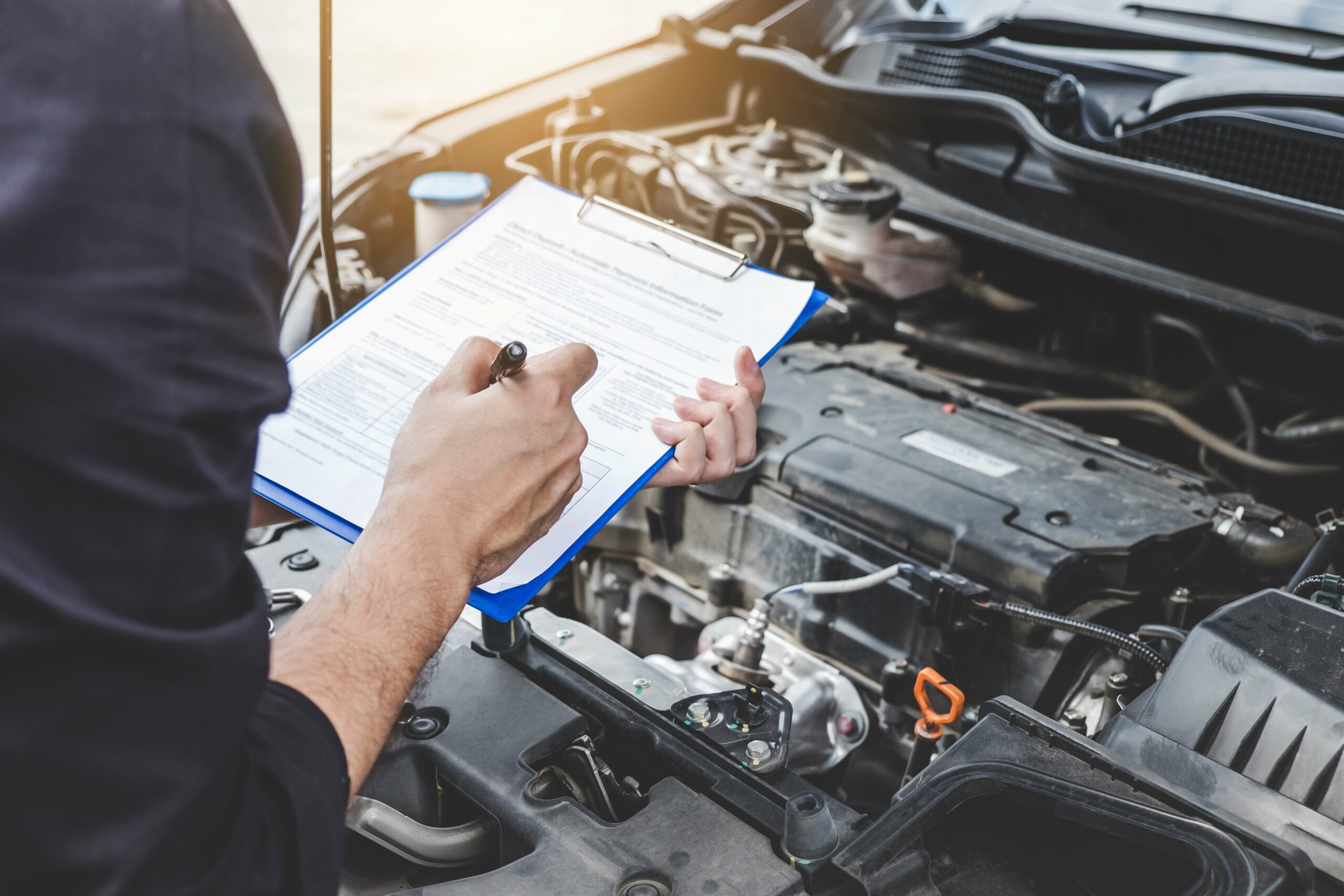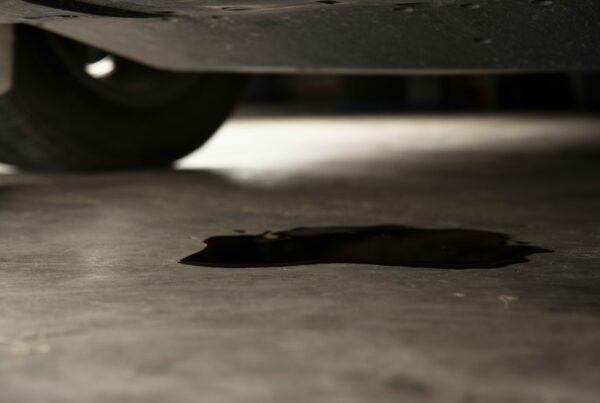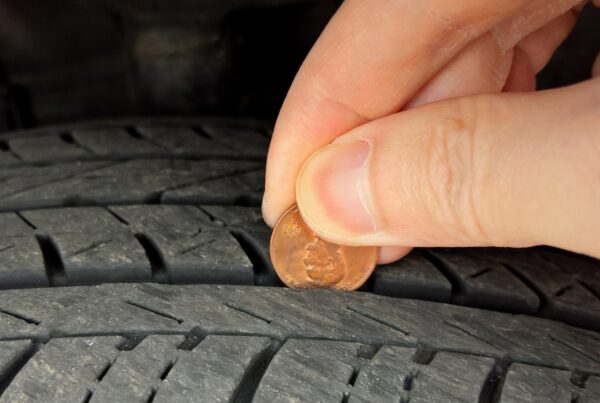Have you ever experienced a sudden car breakdown in the middle of a road trip? It’s not only frustrating but also potentially dangerous. The key to avoiding such situations is regular preventive maintenance of your cars.
Preventive maintenance helps identify potential issues before they turn into significant problems. Follow these tips to ensure your car remains reliable and safe to drive for years.
11 Tips To Keep Your Car In Good Shape
1. Take Tire Maintenance Seriously
Maintaining your car’s tires is crucial for ensuring safe and efficient driving. Avoiding flat tires is a top priority, so take preventive measures such as rotating your tires every 5,000 to 10,000 miles and staying informed about tire recalls.
To maintain optimal tire pressure, locate the recommended pressure first and then check the PSI. Inflate or deflate your tires accordingly to avoid uneven wear and tear and to maximize your car’s fuel efficiency.
2. Change Oil Regularly
Don’t neglect your car’s engine—routine oil changes are essential to keep it running smoothly. Each month, check the oil level and follow the instructions in the owner’s manual to change it as needed. Kia recommends changing the oil every 10,000 miles or 12 months, depending on which comes first, under fair driving conditions.
Whether you do it yourself or take your car to a service center, using the correct motor oil is important. Consider the viscosity, synthetic vs. non-synthetic options, and your car’s mileage to make an informed decision. Remember to dispose of the old oil properly after changing it.
3. Give Your Car a Good Wash Regularly
To maintain your car’s pristine condition, give it a good wash regularly. Throughout the year, you expose your vehicle to various elements that can cause damage to its paint and undercarriage, such as road salt, ice melt, tree sap, and bird droppings. Not only are these things unsightly, but they can also cause long-term damage.
So, find a car washing method you prefer and regularly wash your car to prevent any potential harm. Washing your car every two weeks is the general rule of thumb. However, you may wash yours more often if you live in harsh weather and less often if you apply wax after each washing session.
4. Always Check Your Car’s Belts and Hose
Keeping aspects of car maintenance can lead to an unexpected breakdown on the road. For instance, a broken serpentine belt can cause multiple systems in your car to fail while driving.
To avoid such an inconvenient situation, check your car’s belts and hoses during every oil change to ensure they’re in top-notch condition and don’t require any replacement.
Typically, you would need to replace your serpentine and timing belts every 5 years or 50,000 miles; your V-belt, every 3 years or 36,000 miles; and your hoses every four years with normal driving conditions.
5. Check the Fluids Regularly
Regularly check the fluids in your car to ensure they’re running smoothly. You or your mechanic should actively monitor the following fluids for their appropriate levels:
- Engine oil
- Coolant
- Power steering fluid
- Brake fluid
- Transmission fluid
Any leaks with these fluids can significantly impact your car’s performance. In case of a leak, you can identify the fluid by its color, which helps your mechanic locate and repair the problem promptly.
6. Test All the Lights on Your Car Regularly
To ensure your safety and avoid getting a ticket, test all the lights on your car regularly. Inspect each bulb thoroughly and replace any broken or burned-out bulbs promptly.
Headlights are crucial safety lights, and it’s essential to keep them shining bright by cleaning the lenses and replacing bulbs that start to dim. If you’re unsure whether the bulb or the fuse needs replacing, it’s best to take your car to an expert.
7. Inspect Your Wiper Blades Frequently
Don’t ignore malfunctioning windshield wipers, which could be hazardous during heavy rain or snowfall. Stay proactive by inspecting your wiper blades frequently and replacing them when they wear out. This simple yet crucial task can prevent accidents and keep you and your car safe.
8. Replace Your Car’s Air Filters Regularly
Ensure optimal engine performance by replacing your car’s engine air filter regularly. A clogged engine air filter can compromise the engine’s efficiency by allowing dirt and other harmful particles to enter.
Don’t neglect your cabin air filter either. Ensure it’s always in good working condition to ensure your car’s heating, ventilation, and air conditioning work optimally.
Many car manufacturers recommend changing your car’s air filters every 15,000-30,000 miles depending on the severity of your driving conditions.
9. Take Your Car for Regular Maintenance
Some tasks require the expertise of trained technicians. If the check engine light flashes, seek assistance from a qualified mechanic. They can diagnose the issue via the car’s OBD-II port and address it promptly.
In addition, it’s essential to get other vital components, such as the alternator and wheel bearings, inspected and replaced by a professional auto shop. Ensure your car’s longevity by scheduling routine tune-ups to promptly get all necessary maintenance and repairs.
10. Replace Brake Pads When Necessary
If you hear a screeching sound every time you apply the brakes, it’s time to replace your brake pads. Neglecting this crucial maintenance task can lead to serious safety hazards and accidents.
The cost of replacing brake pads can go up to $300 per axle, and if you choose to hire a professional, labor charges will add to the bill. But consider it an investment in your safety and peace of mind. You wouldn’t want to be in a situation where you must rely on the Flintstone-style braking method to stop your vehicle.
As a maintenance tip, make it a habit to check the brake fluid every time you change the oil. If the fluid appears dark in color, it’s a warning sign that the brake system needs attention, and you should get it checked by a professional as soon as possible.

11. Don’t Neglect Your Car’s Battery
Don’t neglect your car battery’s cleanliness! As time passes, the tiny metal knobs on top of the battery, also known as terminals, can accumulate corrosion, forming a powdery white or bluish substance.
Failure to keep them clean may lead to a malfunctioning battery or, worse, a crack. To avoid such situations, stay on top of your battery’s maintenance by testing it twice a year and inspecting it for any signs of corrosion. Remember, prevention is key!
Schedule Your Preventive Maintenance Appointment!
Are you looking for a reliable auto repair shop to take care of your preventive maintenance needs? Look no further than Auto Plus! Our experienced mechanics provide a wide range of services, including tire installations, oil changes, brake repair, A/C services, vehicle diagnostics, and more.
Contact us today to schedule an appointment and keep your car running smoothly for years.





